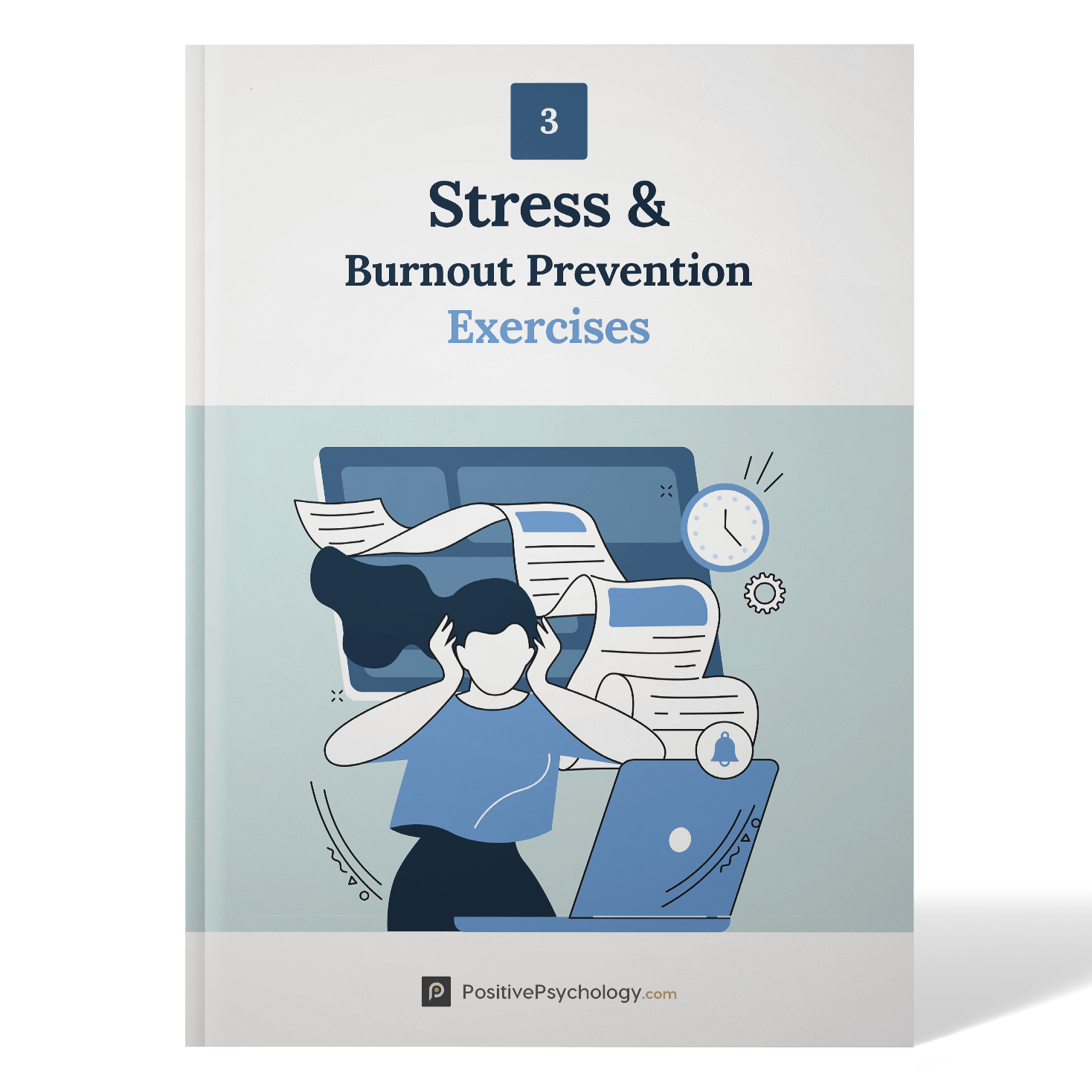Effective Strategies for Managing Stress
Stress is a common challenge that can arise from various factors, including work, relationships, and personal issues. Understanding how to manage stress effectively is crucial for maintaining overall well-being. This report synthesizes numerous strategies to help identify stressors and implement effective coping mechanisms.
Identifying Stressors

Recognizing what causes stress is the first step toward management. Keep a stress journal to identify regular stressors and reflect on how you respond to them. Understanding whether your coping strategies are healthy or unhealthy can guide you toward more effective methods of stress management[2][10][17].
Stressors can include external factors like workload, financial pressures, or life changes, as well as internal factors such as unrealistic expectations and negative thought patterns[7][17]. Acknowledging these triggers can empower you to make necessary lifestyle changes.
Self-Care and Healthy Lifestyle Choices
Engaging in Physical Activity
:max_bytes(150000):strip_icc()/3145195-article-tips-to-reduce-stress-5a8c75818e1b6e0036533c47.png)
Exercise is a powerful tool for stress relief. Engaging in regular physical activity, such as walking, yoga, or even household chores, can release endorphins that enhance your mood and reduce feelings of tension[2][16][14]. Aim for at least 150 minutes of moderate-intensity activity each week to reap maximum benefits[17].
Maintaining a Balanced Diet
Your diet significantly affects your mental health. Consuming a nutrient-dense diet rich in fruits, vegetables, and whole grains can help mitigate stress and improve resilience[8][14]. Avoiding excessive caffeine, alcohol, and processed foods reduces the risk of exacerbating stress levels[2][12].
Prioritizing Sleep
:max_bytes(150000):strip_icc()/GettyImages-119703849-570ee8193df78c7d9e5b1690.jpg)
Quality sleep is essential for regulating stress levels. Aim for 7 to 9 hours of sleep per night and establish a relaxing nighttime routine to improve sleep hygiene[9][16]. Poor sleep can lead to irritability and exacerbate stress, making it essential to prioritize this aspect of your health.
Coping Strategies
Mindfulness and Relaxation Techniques

Practicing mindfulness, meditation, and deep breathing exercises can effectively alleviate stress. Mindfulness involves bringing awareness to the present moment, which helps break cycles of negative thought patterns[5][13]. Deep breathing techniques, such as the 4-7-8 method, can activate the body’s relaxation response[3][7].
Grounding techniques, like progressive muscle relaxation, involve focusing on different muscle groups to consciously release tension. This practice can help alleviate physical symptoms of stress and promote relaxation[5][10].
Setting Boundaries

Learning to say no to additional responsibilities can help you manage your time and prioritize self-care[8][9]. Establish clear boundaries between work and personal time to maintain a healthier work-life balance.
Utilizing Social Support

Building a strong support network of friends, family, and colleagues can be invaluable in managing stress. Talking through issues can provide new perspectives and help you feel less isolated[2][12][17]. Regular social interactions foster a sense of belonging, which can be incredibly beneficial for emotional health.
Creating a Positive Mindset
Practicing Gratitude

Recognizing and appreciating the positive aspects of your life can improve your overall outlook and reduce stress levels. Consider keeping a daily gratitude journal where you write down three things you are thankful for[2][11].
Engaging in Enjoyable Activities
:max_bytes(150000):strip_icc():format(webp)/3145195-article-tips-to-reduce-stress-5a8c75818e1b6e0036533c47-922c3155e9c846eaa7447c75030b2c13.png)
Make time for activities that you enjoy, whether it's a hobby or simply relaxing. Pursuing pleasure can be an effective way to recharge and counterbalance stressors[2][13]. Incorporating laughter into your routine, such as watching comedies or spending time with humorous friends, can also lighten your mental load and release stress-relieving endorphins[14][17].
Strategies for Immediate Stress Relief
In moments of acute stress, several quick techniques can provide relief:
Deep Breathing: Focus on slow, intentional breaths to calm the mind[3][11].
Chewing Gum: Engaging in this simple act can reduce stress markers[3].
Progressive Muscle Relaxation: Tense and then relax muscle groups to alleviate tension[5].
Aromatherapy: Inhaling calming scents can promote relaxation and well-being[3][12].
Seeking Professional Help
If stress becomes overwhelming and self-management strategies are insufficient, consider seeking guidance from a mental health professional. Therapy can provide tailored strategies for managing stress and equip you with coping tools to navigate life’s challenges more effectively[10][17].
Conclusion
Managing stress involves a multifaceted approach that encompasses identifying stressors, engaging in self-care, practicing effective coping strategies, and fostering a supportive environment. Each individual's experience with stress is unique, so it can be beneficial to incorporate different methods to find what works best for you. By prioritizing these strategies, you can enhance your resilience and improve your overall quality of life.
Get more accurate answers with Super Pandi, upload files, personalized discovery feed, save searches and contribute to the PandiPedia.
Let's look at alternatives:
- Modify the query.
- Start a new thread.
- Remove sources (if manually added).